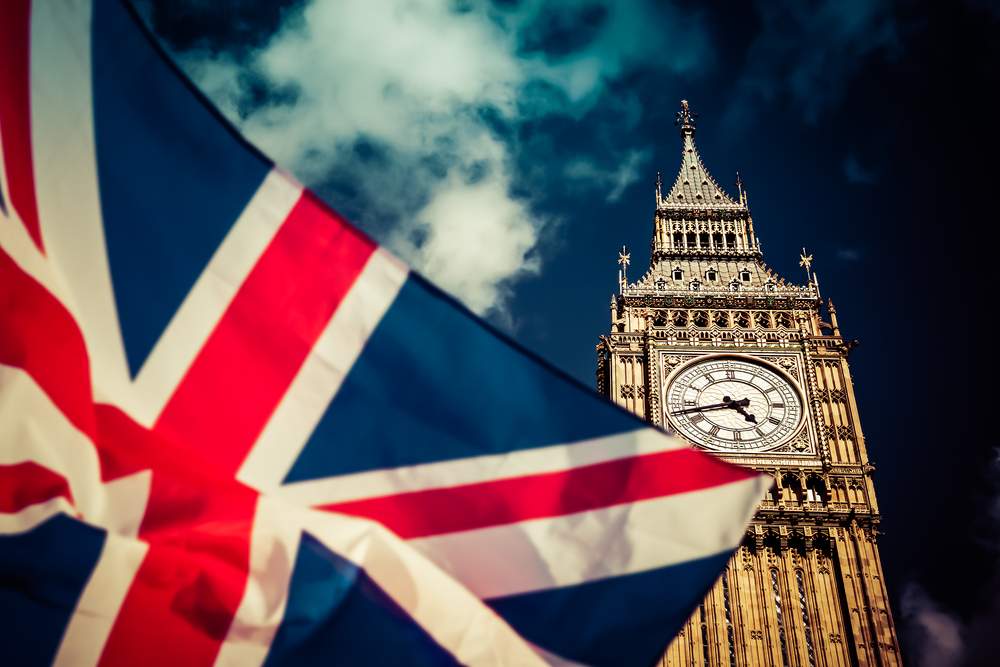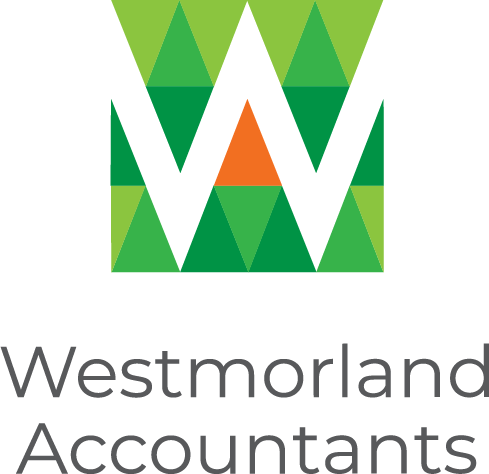
23 Sep Emergency Budget Sept 2022
Below are the main points from today’s not so mini-budget. Some significant tax cuts from Kwasi Kwarteng’s first job as the new chancellor.
Business tax and financial support takeaways
Corporation Tax
It was announced in the March 2021 Budget that there would be a 6% increase in the Corporate Tax main rate from 19% to 25%. However, in a move that the new Prime Minister has said is key to helping attract investment into the UK, this has been abandoned.
VAT
A digital, VAT-free shopping scheme to be introduced for overseas visitors in a bid to “modernise” the UK’s system.
Energy
An Energy Bill Relief scheme will provide a discount on wholesale gas and electricity prices for all non-domestic customers whose current energy bill has been significantly inflated. The support is equivalent to the Energy Price Guarantee put in place for households. As with the Energy Price Guarantee for households, customers do not need to take action or apply to the scheme to access the support. Support (in the form of a p/kWh discount) will automatically be applied to bills.
National Insurance
As with the corporation tax rate, it was expected that a reversal of the National Insurance (NI) hike would be confirmed, and this was the case the day prior to the Mini-Budget. It’s predicted that 920,000 businesses are set to save an average of almost £10,000 next year as a result.
Investment Zones
Local Investment Zones are to be created to encourage development and to “unleash the power of the private sector”. In these agreed areas, of which there could be almost 40 in England, taxes will be cut, and tax reliefs will be accelerated, including 100% on qualifying investment in plant and machinery, and on purchases of land for commercial use. There will be no stamp duty to pay on newly occupied business premises, and no business rates to pay in the tax zone. Employers will not have to pay NI on the first £50,000 a new employee in the tax site earns. The creation of similar Zones for Scotland, Wales and Northern Ireland will be discussed with devolved administrations.
Annual Investment Allowance
The Annual Investment Allowance (AIA) for qualifying expenditure on plant and machinery, which was originally increased to £1,000,000 in the 2018 Budget, and was due to revert to £200,000 from 1 April 2023, will instead be permanently set at £1,000,000.
IR35
From April 2023 the IR35 rules introduced for the public sector in 2017 and the private sector in 2021 will be repealed, meaning that end users of contractors engaged through the contractor’s personal service company will no longer be responsible for assessing whether the contractor should be taxed as an employee by the end user. This will revert to being the responsibility of the personal service company providing the contractor.
Personal tax and cost of living takeaways
Income Tax
From April 2023, there will be a single higher rate of 40% on Income Tax. This means the additional rate level will be scrapped. Also, a year earlier than planned, the basic rate will be cut to 19% from next year which “means a tax cut for over 31 million people”.
Stamp Duty Land Tax
Up until today, there was no Stamp Duty Land Tax (SDLT) payable on the first £125,000 of a property’s value in England and Northern Ireland. This level has been doubled to £250,000 with effect from today (23 September).
First time buyers currently do not pay SDLT on the first £300,000, but this will increase to £425,000 and the level at which they can claim relief rises to £625,000 from £500,000.
National Insurance
As above, a National Insurance (NI) increase has been reversed. The turnaround will be happening from 6 November and is largely to benefit top earners by about £1,800 a year, while those on lowest incomes while be about £7 better off.
It was also announced that the planned conversion of the NI into a new Health and Social Care Levy would be axed.
Energy
As announced a couple of weeks back, the Government is to cap household energy bills at £2,500 for two years from 1 October 2022. This cap is said to equate to an average household saving of £1,000 a year.
Excise sector
Current alcohol duty rates are being frozen from 1 February 2023, which will provide support to the hospitality sector (heavily affected by the Covid pandemic). An alcohol duty reform document is to be published today which is intended to outline a new alcohol duty system.
The corresponding reforms are due to be implemented from 1 August 2023 and are expected to include and address:
- An 18-month easement for wine, whereby wine between 11.5% alcohol by volume (ABV) and 14.5% ABV will be taxed as if 12.5% ABV.
- The introduction of a Small Producer Relief.
- The introduction of a new Draught Relief.
- Administrative differences between different categories of alcohol, by simplifying requirements, digitising the administrative systems, and replacing regime-specific approval processes with a single alcohol approval for production.
- A new digital system is expected to be introduced to enable duty to be accounted for and paid on alcohol products and production premises on a single online return. The introduction of the new digital service is anticipated by HMRC in late 2024.
If you have any queries, please get in touch.

